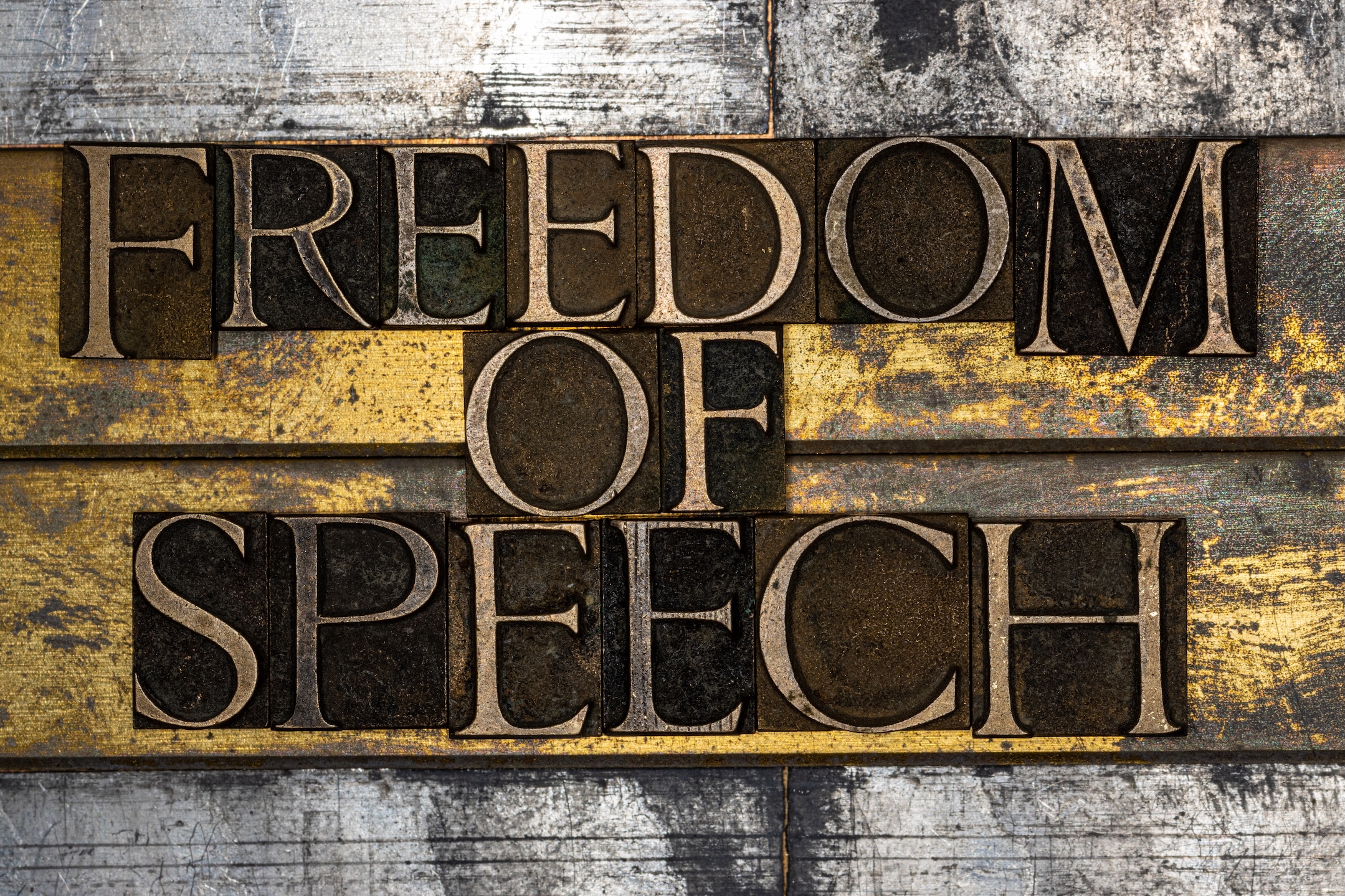
In National Rifle Association of America v. Vullo, 602 U.S. 175 (2024), the United States Supreme Court unanimously held that “[t]he NRA plausibly alleged that respondent violated the First Amendment by coercing regulated entities to terminate their business relationships with the NRA in order to punish or suppress gun-promotion advocacy.” Justice Sotomayor delivered the opinion of the Court:
Six decades ago, this Court held that a government entity’s “threat of invoking legal sanctions and other means of coercion” against a third party “to achieve the suppression” of disfavored speech violates the First Amendment. Bantam Books, Inc. v. Sullivan, 372 U.S. 58, 67 (1963). Today, the Court reaffirms what it said then: Government officials cannot attempt to coerce private parties in order to punish or suppress views that the government disfavors. Petitioner National Rifle Association (NRA) plausibly alleges that respondent Maria Vullo did just that. As superintendent of the New York Department of Financial Services, Vullo allegedly pressured regulated entities to help her stifle the NRA’s pro-gun advocacy by threatening enforcement actions against those entities that refused to disassociate from the NRA and other gun-promotion advocacy groups. Those allegations, if true, state a First Amendment claim.
Last week, television late-night host Jimmy Kimmel expressed a view disfavored by many in the administration or otherwise appointed by the President, including Federal Communications Commission (FCC) Chairman Brendan Carr. According to multiple sources, Kimmel was pulled off the air within hours of Carr’s not-so-veiled threat to use the power of the FCC to punish ABC/Disney, the company that broadcasts Kimmel’s show, and its affiliates. See, e.g., After Jimmy Kimmel’s show was suspended, a key question is: Does the FCC have the power to regulate speech? (PBS):
“They have a license granted by us at the FCC that comes with it an obligation to operate in the public interest,” Carr told Johnson. “I mean, look, we can do this the easy way or the hard way. These companies can find ways to change conduct to take actions, frankly on Kimmel, or there’s going to be additional work for the FCC ahead.”
On September 18, the Committee on Oversight and Government Reform sent a letter to Carr stating in part:
We write to express grave concerns regarding reports of pressure and threats of retaliation by you against Sinclair Broadcasting Group-owned ABC affiliate stations due to recent speech expressed on ABC programming. The Federal Communication Commission’s (FCC) apparent weaponization of its federal regulatory authority and ABC’s preemption of programming that may be critical of President Trump represents a dangerous escalation in attacks on press freedom and protected speech. This action should serve as a warning to all Americans—the Constitution’s right to free speech is under attack by the Trump Administration. This corrupt political intimidation is unacceptable. We condemn these tactics and demand that you cease all actions to weaponize your authority for political gain.
…
[I]t appears that the Administration’s efforts to defend free speech apply only when the speech is aligned with the President’s self-image and agenda. Instead of defending legitimate political expression, President Trump has demanded the suppression of speech he opposes and has wielded the government to silence dissent.
…
In July 2025, just one week after CBS canceled The Late Show with Stephen Colbert—a move celebrated by President Trump—the FCC approved a lucrative merger between CBS’s parent company, Paramount, and Skydance. In late August 2025, Trump called ABC and NBC “FAKE NEWS” and “AN ARM OF THE DEMOCRAT PARTY,” urging your office to revoke their licenses. On September 17, 2025, when cancellation of Kimmel’s show was announced, Trump took direct aim at NBC to remove Jimmy Fallon and Seth Meyers’ late-night shows, stating “Do it NBC!!!”
According to famed Constitutional legal scholar Erwin Chemerinsky, Dean of Berkeley Law, in FCC overstepped in push to get Jimmy Kimmel off the air (Los Angeles Times):
The law plainly states that government officials cross the line when they infringe on freedom of speech and threaten sanctions for expression, as Carr no doubt did — and ABC capitulated.
…
In the same way [as was held to be the case in the NRA-Vullo case], the FCC is not allowed, under the 1st Amendment or by statute, to regulate a broadcaster’s content or speech based on its viewpoint. Yet Carr explicitly stated this as his goal. “Public interest means you can’t be running a narrow partisan circus and still meeting your public interest obligations,” Carr told Johnson. “That means you can’t be engaging in a pattern of news distortion.” Of course, what is “partisan” and what is “news distortion” are determined by Carr, who is very conservative. The whole point of the 1st Amendment is that we don’t ever give government officials the power to use their views to silence others.
…
It is time to be very worried about freedom of expression in the United States. History shows that it can be so easily lost. No democracy can exist without it.
Nonprofit organizations must be aware of their Constitutional rights under the First Amendment and how government actors may be violating Constitutional laws whether or not they are infringing on the nonprofit’s own rights. Coercing or threatening regulated entities (e.g., private foundations) in order to suppress a charity/grantee’s disfavored speech violates the First Amendment.